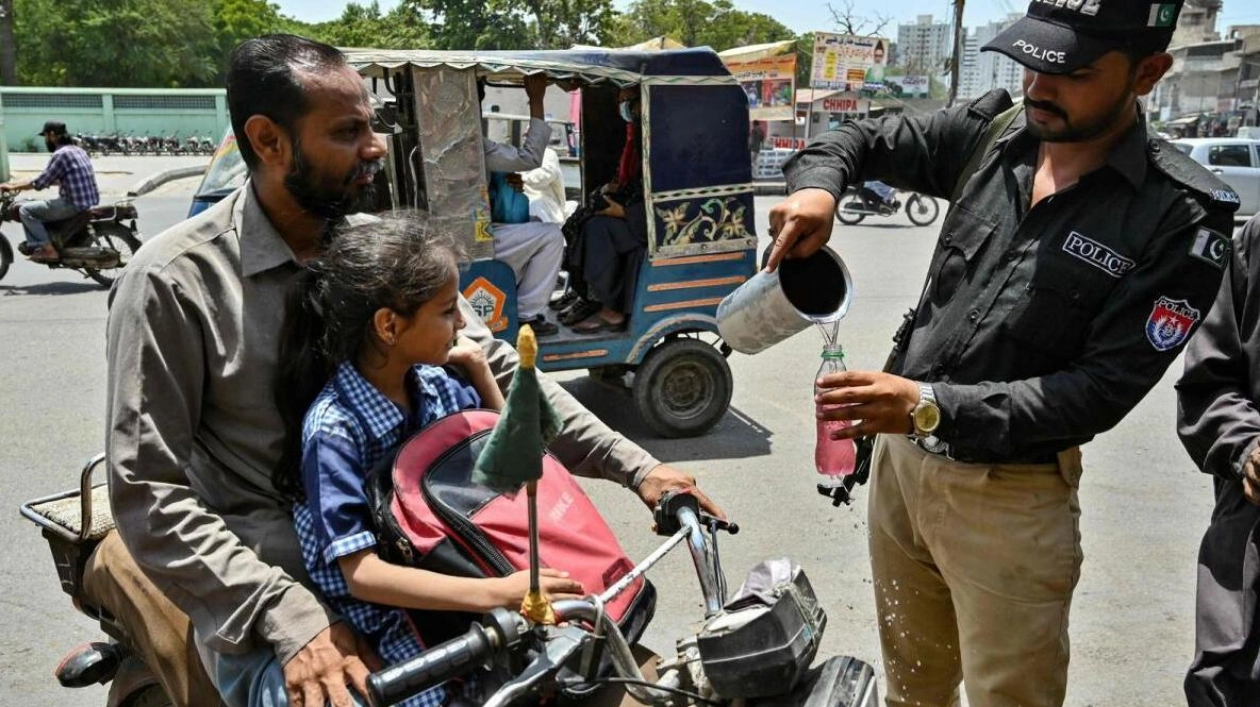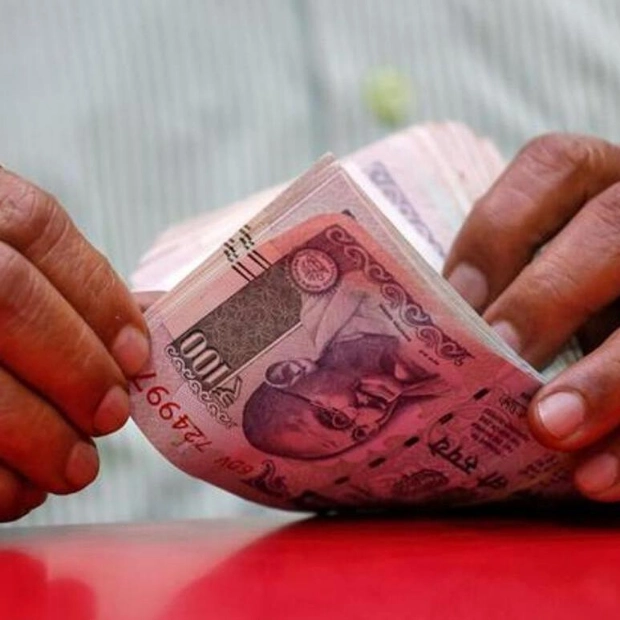Half of Pakistan's students are set to be excluded from schools for a week as the country implements emergency measures to mitigate the impact of a series of heatwaves, officials reported Thursday. Approximately 26 million students in Punjab, Pakistan's most populous province, will be out of school from Saturday as the provincial government has mandated an early start to the summer break due to the extreme temperatures. A spokesperson for Punjab's Education Department confirmed the decision to close schools earlier than scheduled.
The Pakistan meteorological office has predicted three heatwaves, with one already underway and two more expected to occur in early and late June. The disaster management agency stated that temperatures in Punjab are currently six to eight degrees Celsius above normal, with the city of Lahore expected to experience 46 degrees Celsius (111 degrees Fahrenheit) over the weekend.
The government's Coordinator on Climate Change and Environment, in Islamabad, addressed journalists on Thursday, attributing the sudden weather pattern changes to global warming. As a result of the soaring demand for fans and air conditioning, parts of Pakistan are encountering power outages lasting up to 15 hours, leaving students struggling in the oppressive heat at their schools.
According to the NGO Save the Children, the closure of schools will affect 26 million students in Punjab, accounting for 52 percent of pre-primary, primary, and secondary school students in the country. The Country Director of Save the Children, Muhammad Khuram Gondal, cautioned that prolonged exposure to intense heat can adversely impact children's learning ability and concentration, thereby jeopardizing their education. Furthermore, excessive heat poses a potential threat to the lives of children.
UNICEF highlighted that over three-quarters of children in South Asia, approximately 460 million, are exposed to temperatures surpassing 35 degrees Celsius (95 degrees Fahrenheit) for at least 83 days each year. The organization warned of the risks children face, including dehydration, elevated body temperatures, rapid heartbeat, muscle cramps, and even coma.
Despite being responsible for less than one percent of global greenhouse gas emissions, Pakistan is highly susceptible to extreme weather events attributed to climate change. In 2022, unprecedented monsoon rains submerged a third of the country, displacing millions. Last month, above-average rainfall claimed the lives of at least 144 individuals in the wettest April since 1961, with further heavy downpours anticipated this summer. Additionally, schools in Lahore were closed this winter due to hazardous smog engulfing the megacity.






